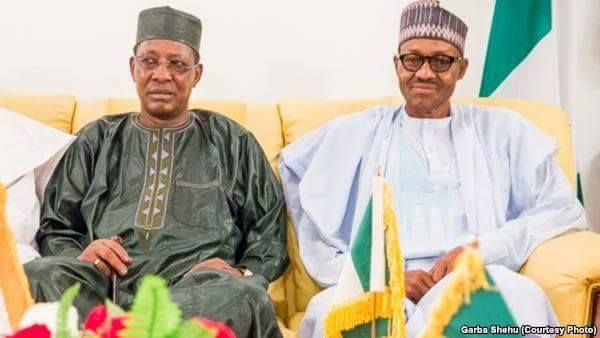There are no products in your shopping cart.
| 0 Items | £0.00 |


NIGERIA has entered into negotiations with her north-eastern neighbour Chad about supplying the country with electricity under the terms of a bilateral agreement under the terms of a regional agreement.
Despite the fact that Nigeria suffers from chronic undersupply of electricity, leading to constant blackouts, the country still supplies many of her neighbours with power. Under the terms of a regional pact agreed with her neighbours Benin Republic and Niger Republic in 1964 when the Kainji Dam was built, Nigeria agreed to supply them with power in return for them not building dams on the River Niger.
It now appears that Nigeria is planning to enter into a similar agreement with Chad that will guarantee that dams are not built on the rivers flowing into Lake Chad in exchange for power supply. Over recent years, Lake Chad has shrunk dramatically, raising fears of an environmental disaster, which could have devastating effects on Nigeria as it is leading to desert encroachment.
Recently, Chad's energy minister Ramatou Houtouin, flew into Abuja to hold a meeting with the Transmission Company of Nigeria (TCN) officials. A few months ago, the Chadian ambassador to Nigeria, Abakar Chachaimi, had asked for his country to be connected to Nigeria’s electricity grid during a visit to the minister of power Sale Mamman in Abuja.
Mr Chachaimi argued that connecting Chad to Nigeria’s electricity grid would further enhance the historical and economic collaborations between both countries. If the agreement is eventually reached, Chad will add to the number of countries that depend partly on Nigeria for their electricity needs.
Much of Nigeria’s generated electricity remains unused because the country is not able to distribute it as a result of poor transmission and distribution network, which has prompted it to sell to neighbouring countries. Benin Republic for instance, receives at least 80% of the electricity it consumes from Nigeria, while Niger Republic and Togo are also heavily dependent on Nigeria for electricity.
Usman Mohammed, a former TCN managing director, said international customers enjoy stable electricity because they have more reliable distribution network. He added that Nigeria supplies almost all the power consumed in Cotonou, pointing out that the challenges with distribution in Nigeria had made it difficult for consumers to enjoy stable electricity supply.
Nigeria spearheads the West African Power Pool (Wapp), which is a cooperation of the national electricity companies in West Africa under the auspices of the Economic Community of West African States. Wapp is aiming to establish a reliable power grid for the region and a common market for electricity.
Wapp member countries include Benin, Burkina Faso, Ghana, Guinea, Guinea Bissau, Ivory Coast, Liberia, Mali, Niger, Nigeria, The Gambia, Togo, Senegal, and Sierra Leone. It is now headed by Sule Abdulazeez, the current managing director of TCN.